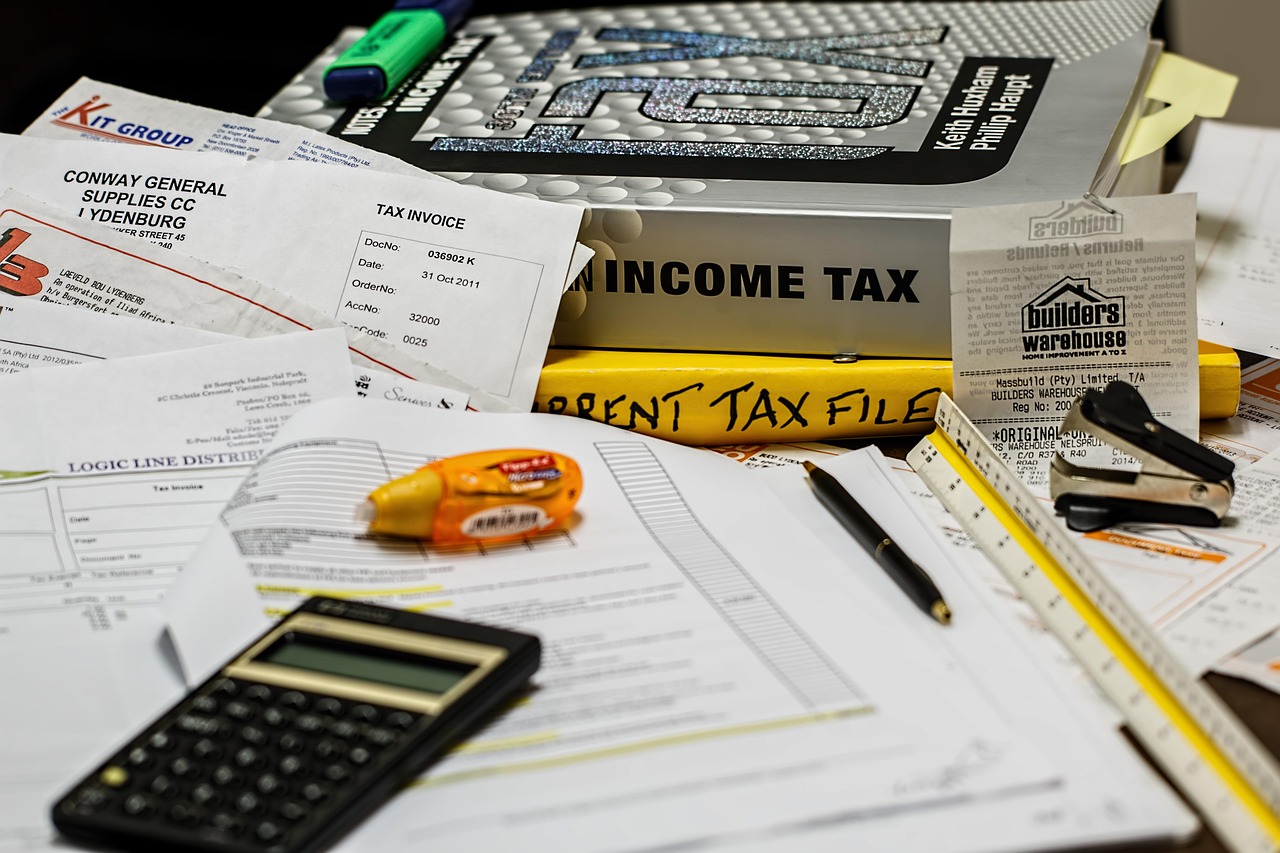NFT-Based Studio Access Passes: Revolutionizing Creative Spaces

In the evolving landscape of blockchain technology, Non-Fungible Tokens (NFTs) have emerged as a transformative force across various sectors, from digital art to real estate. One intriguing application gaining momentum is the use of NFTs as studio access passes. This concept is reshaping how artists and creators engage with their workspaces, offering a blend of exclusivity, security, and community-building that traditional access systems often lack.
The basic premise of NFT-based studio access passes is straightforward: an NFT, representing a unique digital asset, serves as a virtual key to a physical or digital studio space. This innovation leverages blockchain’s decentralized nature to ensure secure and transparent access management. As a result, artists and creative professionals can enjoy enhanced control over their studio environments.
The Rise of NFTs in Creative Industries
NFTs have seen exponential growth since their inception, with sales exceeding billions of dollars globally. Their ability to verify authenticity and ownership has made them particularly appealing in the creative sectors. As digital assets, NFTs provide a mechanism to tokenize real-world assets, such as studio access, allowing creators to bypass traditional gatekeepers and interact directly with their communities.
The adoption of NFTs for studio access is part of a broader trend where artists leverage blockchain technology to redefine ownership and participation. By holding an NFT, an artist not only gains access to a studio but also becomes part of a network of NFT holders, fostering collaboration and shared opportunities.
Advantages of NFT-Based Studio Access
Utilizing NFTs for studio access presents several advantages:
- Security: Blockchain technology ensures that access rights are tamper-proof and transparent, reducing the risk of unauthorized entry.
- Exclusivity: NFTs can be programmed to be scarce, granting access to a limited number of holders, thereby creating a sense of exclusivity.
- Community Engagement: NFT holders can engage with each other through online platforms, creating a network of like-minded individuals.
- Monetization: Studio owners can sell NFTs as access passes, providing an additional revenue stream.
- Flexibility: NFT access passes can be transferred or sold, offering flexibility for artists who may need temporary or varied workspace access.
Global Trends and Examples
Various projects across the globe are exploring NFT-based studio access. In New York, for instance, a collective of artists has launched a project where NFTs grant access to a shared digital workspace. Similarly, in Berlin, an innovative art gallery has begun offering NFT memberships that include exclusive studio access, workshops, and events.
These initiatives highlight the potential of NFTs to foster a global network of creative professionals who can share resources and collaborate despite geographical barriers. As more artists and studios adopt this model, it could lead to a paradigm shift in how creative spaces are accessed and utilized.
Challenges and Considerations
While promising, the implementation of NFT-based studio access is not without challenges. The environmental impact of blockchain technology, particularly concerning energy consumption, remains a significant concern. Moreover, the volatility of cryptocurrency markets can affect the valuation and stability of NFTs.
Additionally, there is a need for broader education and awareness to ensure that artists and studios understand the technical aspects and potential risks associated with NFTs. Legal considerations, such as intellectual property rights and access disputes, also require careful navigation.
The Future of Creative Space Access
As the intersection of blockchain technology and the creative industries continues to evolve, NFT-based studio access represents a compelling innovation with the potential to redefine the traditional studio model. By offering secure, flexible, and community-driven access, NFTs could play a pivotal role in shaping the future of creative workspaces.
For tech-savvy professionals and artists, understanding and engaging with these developments will be crucial. As the global landscape adapts to these technological advancements, NFT-based studio access may become a standard practice, reflecting a new era of creativity and collaboration.














